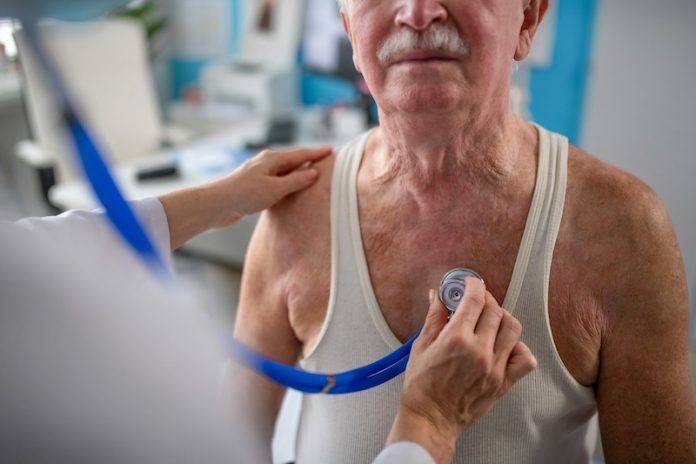
Heart disease is one of the leading causes of death around the world, and one common type is when the arteries that bring blood to the heart become blocked. These arteries, called coronary arteries, are like roads that deliver oxygen and nutrients to the heart so it can work properly. When these arteries get blocked, it can lead to serious problems, including heart attacks.
Blockages usually happen because of a buildup of fatty substances like cholesterol. These sticky substances form clumps, called plaques, which narrow the arteries. Inflammation inside the blood vessels can make things worse. When the passage for blood becomes too narrow or blocked completely, the heart doesn’t get enough oxygen. This can damage the heart muscle.
Chest pain is one of the clearest signs of a blocked artery. This pain, often called angina, can feel like pressure or tightness in your chest. Some people say it feels like someone is sitting on their chest. The pain may spread to the arms, neck, jaw, or back. It usually happens during physical activity or emotional stress and goes away when you rest.
But not everyone gets chest pain. Some people, especially those with diabetes, may have what’s called a “silent heart attack.” They may not feel any pain because diabetes can damage nerves, making it hard to notice warning signs. That’s why it’s important to pay attention to other symptoms too.
Another warning sign is shortness of breath. If your heart isn’t pumping blood well, your body won’t get enough oxygen. You might feel out of breath even when you’re doing simple things like walking or climbing a few steps. Some people feel breathless even when resting.
Feeling very tired for no clear reason can also be a sign. If daily tasks suddenly feel harder and leave you exhausted, it might mean your heart isn’t getting enough blood. This kind of tiredness is more common in women, and it’s easy to overlook or blame on other causes.
Other symptoms to watch out for include nausea, a fluttering or racing heart (called palpitations), and dizziness. These signs are sometimes ignored or mistaken for other problems like anxiety or indigestion, especially in women.
Doctors and researchers often stress the importance of noticing these symptoms early. Studies show that people who act quickly and get medical help when symptoms appear have much better chances of recovering. When the heart is starved of oxygen-rich blood, even for a short time, the damage can be permanent. That’s why timing is critical.
There are many things people can do to protect their heart. Some major risk factors for artery blockages include smoking, high blood pressure, high cholesterol, diabetes, being overweight, and not getting enough physical activity.
You can lower your risk by eating a healthy diet with plenty of fruits, vegetables, and whole grains, exercising regularly, keeping your weight in a healthy range, and not smoking.
Heart problems don’t always come with loud warnings, so it’s important to listen to your body. If you notice chest pain, breathlessness, tiredness, or any other unusual symptoms, don’t wait. Talk to a doctor right away. Getting help early can prevent a heart attack and save your life.
In the end, knowing the signs and taking action quickly can make a big difference. Taking care of your heart through healthy habits and staying alert to warning signs is one of the best ways to protect your health and your future.
If you care about heart health, please read studies about top foods to love for a stronger heart, and why oranges may help fight obesity, diabetes, and heart disease.
For more health information, please see recent studies about simple guide to a 7-day diabetes meal plan, and why you should add black beans to your plate.
Copyright © 2025 Knowridge Science Report. All rights reserved.



